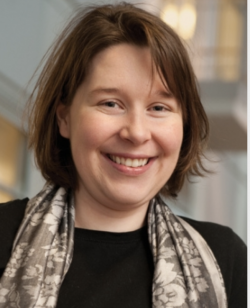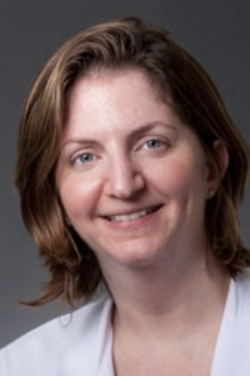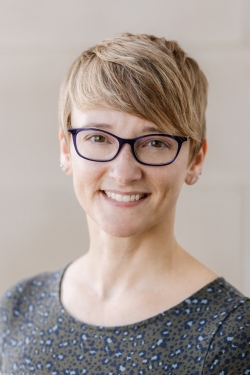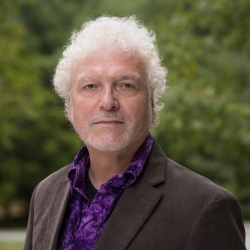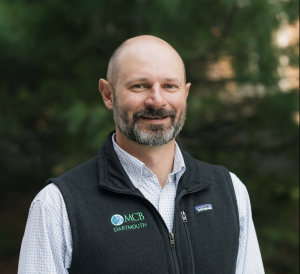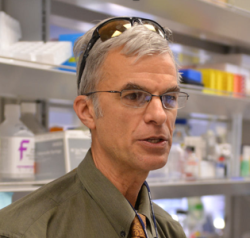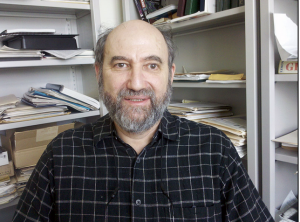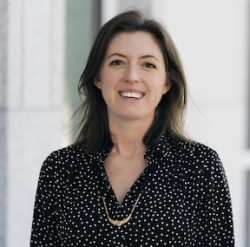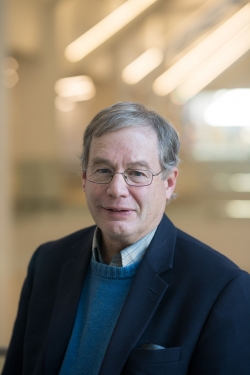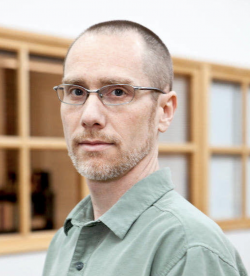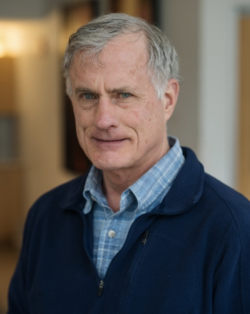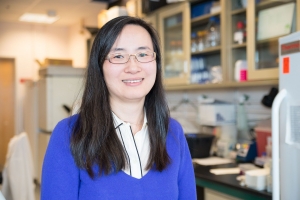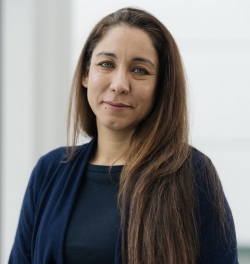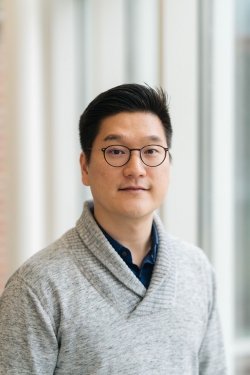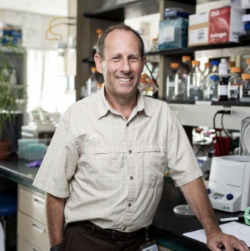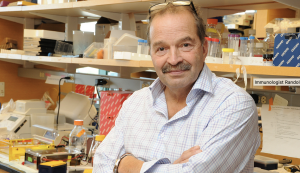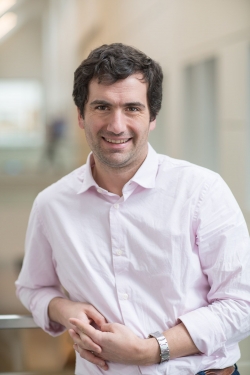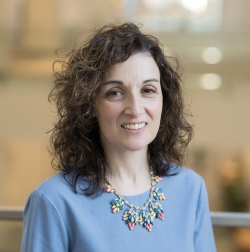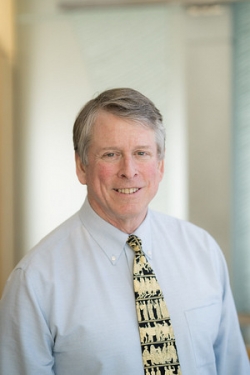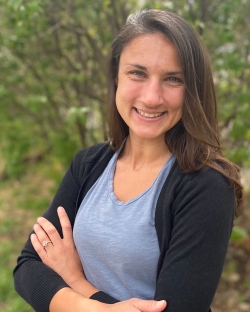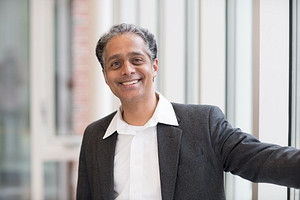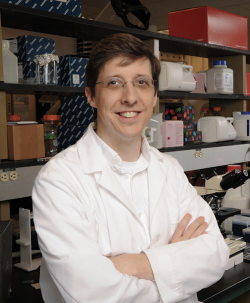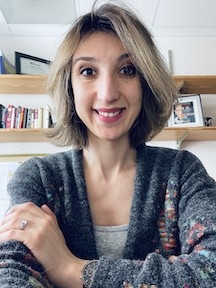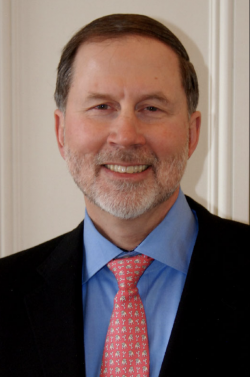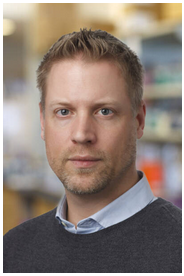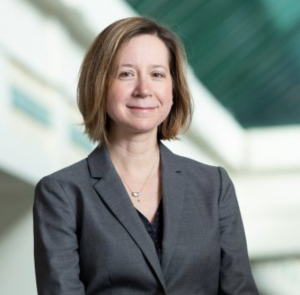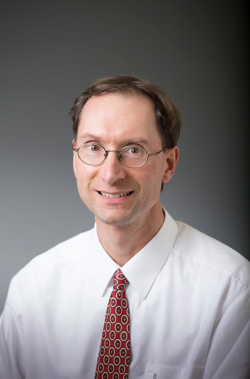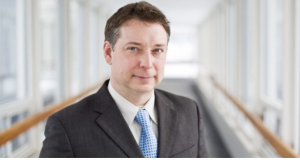Professor of Medicine Oncology, and Microbiology and Immunology
Office:
Phone:
Dr Curiel's lab investigates the immunopathogenic basis of human disease with an emphasis on novel strategies for cancer immunotherapy, concepts of which have been put into human clinical trials. Current work focuses on novel aspects of immune checkpoint blockade immunotherapy, notably tumor-intrinsic PDL1 signals, pathogenic effects of regulatory T cells and on engineered cytokines, especially IL2.
The lab utilizes a number of orthotopic mouse cancer models, including cancers of breast, bladder, ovary, lung, prostate and immune cells; and melanoma and glioblastoma multiforme. We have developed proprietary, inducible orthotopic cancer models of melanoma and bladder cancer with specific deletion of PDL1 only in the cancer cells-of-origin to study very early events in carcinogenesis and tumor progression. Current tumor-intrinsic PDL1 work is now going into human trials at Dartmouth and UT Health Sa Antonio. Students learn a variety of important techniques aside from many basic skills, including high-dimensional flow cytometry and analyses, digital imaging, advanced CRISPR/Cas9 strategies, high throughput drug screens, development and use of genetically-modified mice and work with human cells and humanized mice. Much attention is given to acquiring outstanding data presentation skills, manuscript writing and grant preparations.
Website | Email | PubMed Articles
